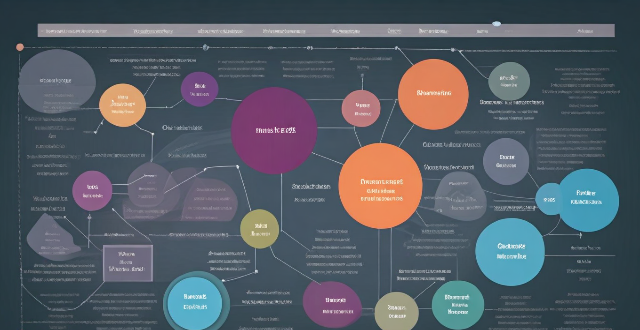Data plans are essential for internet usage, with unlimited and traditional data plans being the main types. Unlimited plans offer no data limits, predictable costs, and suit heavy users, while traditional plans have data limits, variable costs, and suit light users. The key differences include data limits, cost, and usage scenarios. Choosing the right plan depends on individual needs and usage patterns.

Introduction
Data plans have become an essential part of our daily lives, and choosing the right one can significantly impact our internet usage. There are two main types of data plans: unlimited data plans and traditional data plans. In this article, we will discuss the differences between these two types of plans and help you make an informed decision.
Unlimited Data Plans
Unlimited data plans offer users a set amount of data at a fixed price, with no additional charges for exceeding the limit. These plans are ideal for heavy internet users who require constant access to the internet without worrying about running out of data.
Features of Unlimited Data Plans:
- No Data Limits: As the name suggests, unlimited data plans do not have any restrictions on the amount of data you can use. You can browse, stream, and download as much as you want without worrying about running out of data.
- Predictable Costs: With unlimited data plans, you pay a fixed price for your subscription, regardless of how much data you use. This makes it easier to budget your monthly expenses and avoid unexpected charges.
- Suitable for Heavy Users: If you frequently engage in activities that consume a lot of data, such as streaming high-definition videos, playing online games, or using video conferencing apps, an unlimited data plan is the best option for you.
Traditional Data Plans
Traditional data plans provide a specific amount of data for a set price, and users are charged additional fees if they exceed their data limit. These plans are suitable for users who do not require constant internet access or have limited data needs.
Features of Traditional Data Plans:
- Data Limits: Traditional data plans come with a predefined limit on the amount of data you can use. Once you reach your limit, you will be charged extra fees for any additional data used.
- Variable Costs: The cost of traditional data plans varies depending on how much data you use. If you consistently stay within your data limit, you may end up paying less than with an unlimited plan. However, if you frequently exceed your limit, your costs can quickly add up.
- Suitable for Light Users: If you only need to check emails, browse social media, or perform other light internet activities, a traditional data plan may be more cost-effective for you.
Key Differences Between Unlimited and Traditional Data Plans:
1. Data Limits: The most significant difference between unlimited and traditional data plans is the presence of data limits. Unlimited plans do not impose any restrictions on data usage, while traditional plans have specific limits.
2. Cost: Unlimited data plans often come with a higher upfront cost but offer predictable expenses throughout the subscription period. In contrast, traditional plans may have lower initial costs but can result in higher overall expenses due to overage charges.
3. Usage Scenarios: Unlimited data plans are ideal for heavy internet users who require constant access to the internet without worrying about data limits. On the other hand, traditional data plans are suitable for light users who do not require extensive internet usage.
In conclusion, choosing between unlimited and traditional data plans depends on your individual needs and usage patterns. If you frequently engage in activities that consume a lot of data or require constant internet access, an unlimited data plan is the best option for you. However, if you only need to perform light internet activities and can stay within a specific data limit, a traditional data plan may be more cost-effective. Consider your usage habits and budget before making a decision to ensure you choose the right plan for your needs.